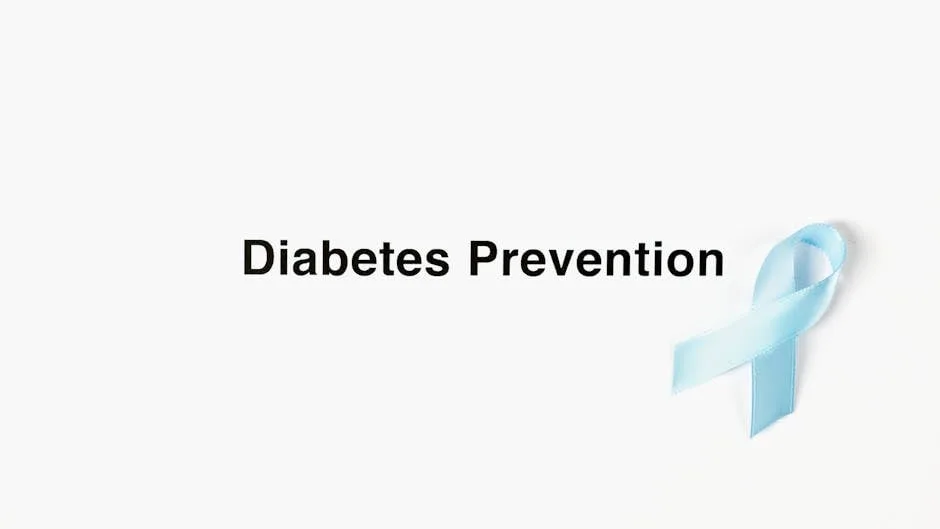
AI-generated deepfake doctors, dubbed “TikDocs,” are proliferating across TikTok and Instagram, impersonating healthcare professionals to promote unverified supplements and treatments. These synthetic avatars exploit public trust in the medical field, often directing users to purchase products with exaggerated or fabricated health claims. The rise of generative AI tools has made these scams increasingly accessible, raising concerns among cybersecurity and medical professionals1.
TL;DR: Key Takeaways for Security Professionals
- Threat Vector: AI-generated deepfake doctors (“TikDocs”) promote fraudulent health products on social media.
- Technical Indicators: Mismatched lip-syncing, robotic voices, and hyperbolic claims (e.g., “miracle cures”)1.
- Impact: Erodes trust in online health advice and delays legitimate medical treatment.
- Security Implications: Highlights vulnerabilities in content verification and platform moderation.
The Anatomy of TikDoc Scams
These AI-generated personas typically mimic real medical professionals, using synthetic voices and manipulated visuals to appear authentic. A study by ESET’s WeLiveSecurity found that common red flags include inconsistent lip movements and unnatural speech patterns1. The scams often promote dubious products like “natural Ozempic alternatives,” capitalizing on trending health concerns.
In some cases, attackers have cloned the likenesses of real TV doctors, such as the UK’s Dr. Hilary Jones, to lend credibility to their fraudulent promotions3. These deepfakes frequently reappear under new accounts after takedowns, demonstrating the challenges of sustained platform moderation.
Security and Trust Implications
Public trust in AI-generated medical advice remains divided. While 78% of users found ChatGPT’s health advice clear in a Florida International University study, only 30% fully trusted AI-generated health information according to Deloitte research4, 6. Clinicians are even more skeptical, with 55% of doctors believing AI is “not ready” for medical applications7.
The scams also intersect with broader AI security concerns. Recent jailbreaks like “Inception” have exposed vulnerabilities in major AI models, potentially enabling malicious actors to generate phishing scripts or bypass content filters2. These systemic weaknesses persist despite patches, creating opportunities for abuse.
Detection and Mitigation Strategies
Security teams should consider the following approaches to identify and counter TikDoc scams:
| Detection Method | Implementation |
|---|---|
| Visual Analysis | Monitor for inconsistent facial movements or unnatural lighting in medical content |
| Content Verification | Cross-reference health claims with established medical databases |
| Behavioral Patterns | Flag accounts that rapidly shift between unrelated medical topics |
Platforms could implement verification badges for legitimate healthcare providers and use AI detection tools to identify synthetic media. However, as noted in The BMJ, takedowns alone are insufficient due to the rapid recreation of fraudulent accounts3.
Conclusion
The TikDoc phenomenon represents a convergence of AI security vulnerabilities and social engineering tactics. As generative AI becomes more sophisticated, these scams will likely increase in frequency and complexity. Security professionals should collaborate with medical experts to develop robust verification systems and educate users on identifying fraudulent health content. The situation underscores the need for cross-industry efforts to maintain trust in digital health information.
References
- “Deepfake ‘Doctors’ Peddling Bogus Cures on Social Media,” WeLiveSecurity (ESET), Apr. 25, 2025. [Online]. Available: https://www.welivesecurity.com/en/social-media/deepfake-doctors-tiktok-bogus-cures/
- “AI Jailbreaks Expose Systemic Vulnerabilities,” GBHackers, Apr. 26, 2025. [Online]. Available: https://gbhackers.com/two-systemic-jailbreaks-uncovered-exposing-widespread-vulnerabilities/
- “Deepfakes of Popular TV Doctors Are Being Used to Sell Health Scams on Social Media,” The BMJ via Interhospi, Jul. 18, 2024. [Online]. Available: https://interhospi.com/deepfakes-of-popular-tv-doctors-are-being-used-to-sell-health-scams-on-social-media/
- “FIU Business Study Reveals How Users Perceive AI-Generated Medical Advice,” Florida International University, Feb. 25, 2025. [Online]. Available: https://business.fiu.edu/news/2025/fiu-business-study-reveals-how-users-perceive-ai-generated-medical-advice.html
- “Ethical Challenges in Medical AI,” PMC (NIH), 2021. [Online]. Available: https://pmc.ncbi.nlm.nih.gov/articles/PMC7973477/
- “AI-Generated Health Information: US Consumer Perspectives,” Deloitte Insights, Sep. 26, 2024. [Online]. Available: https://www2.deloitte.com/us/en/insights/deloitte-insights-magazine/issue-33/ai-generated-health-information-us-consumers.html
- “Will AI Transform Health Care? Most Doctors Are Hopeful but Lack Trust for Now,” BenefitsPro, Oct. 3, 2023. [Online]. Available: https://www.benefitspro.com/2023/10/03/will-ai-transform-health-care-most-doctors-are-hopeful-but-lack-trust-for-now/
- “AI-Generated Exercise Plans Gain Traction Among Recreational Athletes,” BMC Research Notes, Mar. 13, 2025. [Online]. Available: https://bmcresnotes.biomedcentral.com/articles/10.1186/s13104-025-07172-9
- “Rebate-Driven Formularies: Hidden Costs and Misaligned Incentives for Employers,” BenefitsPro, Apr. 25, 2025. [Online]. Available: https://www.benefitspro.com/2025/04/25/rebate-driven-formularies-hidden-costs-and-misaligned-incentives-for-employers/



